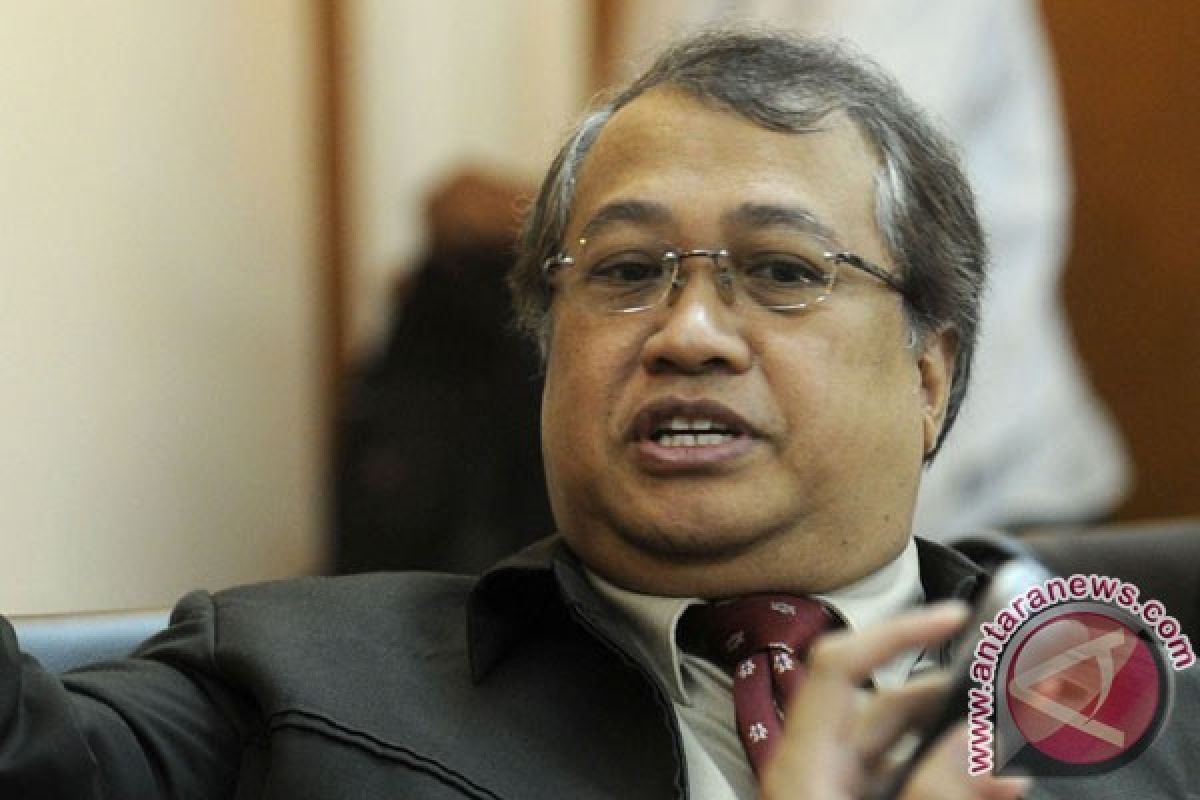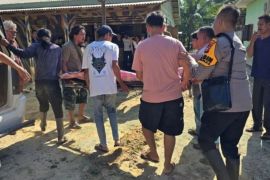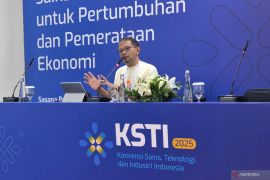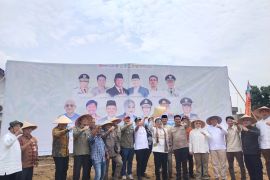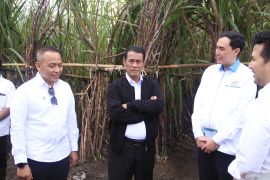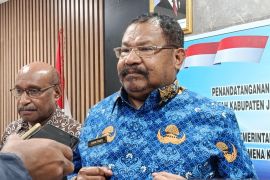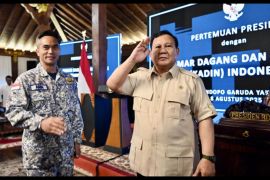"An auction will be done on January 31, 2012 with the settlement on February 2012 and indicative target of Rp1 trillion," the director general of debt management of the ministry of finance, Rahmat Waluyanto, said here on Friday.
He said the four series of state sukuk to be issued were PBS-0001 (new issue) with a six-month tenure, PBS-0002 (new issue) with a 10-year tenure and PBS-003 (new issuance) with a 15-year tenure, and IFR-0010 (re-issue) with a 24-year tenure and 10 percent yield.
He said the government would use infrastructure projects as their underlying assets for three series and state assets for another series.
Rahmat said the government would use infrastructure projects in two ministries as the underlying assets for the issuance of the sukuks namely the ministry of public works and the ministry of transportation such as road development projects across Indonesia.
He said total government projects that could be used as underlying assets at present reached Rp40 trillion.
"Right now we also have Rp18 trillion in state assets from last year supply which are now still being taken into inventory," he said.
The finance ministry has issued a financial ministerial regulation (PMK) approving the use of the infrastructure projects as the underlying assets for the sukuks.
Regulation Number 129/PMK.08/2011 states projects carried out by the government could be used as underlying assets for the issuance of SBSN..
Based on Article 4 of Law Number 19/2008 on SBSN, the issuance is aimed at financing the national budget including infrastructure projects.
The move is taken because the number of state assets (BMN) that could be used as underlying assets for SBSN is relatively limited, he said.
In view of the conditions the director general of debt management views that there must be another alternative namely using infrastructure project as underlying assets for the issuance of SBSN based on an Ijarah asset to be leased scheme.
Projects that could be used as the basis for issuing SBSN are projects that have received allocations in the national budget, financed fully in rupiah and already approved by the House of Representatives.
The projects include development projects and procurement of future and on-going projects.
The projects that could be used for issuing the SBSN meanwhile must have been put in the list of projects, must not run against the shariah and are currently not being used as SBSN assets.
The finance minister may ask for reports of the development of the implementation of the projects to ministries/institutions concerned including phyisical development of the projects and realization of spending.
The minister could also conduct monitoring and evaluation on the implementation of the projects used as the basis for issuing the SBSN, he said.
(Uu.H-YH/HAJM/A014)
Editor: Priyambodo RH
Copyright © ANTARA 2012
